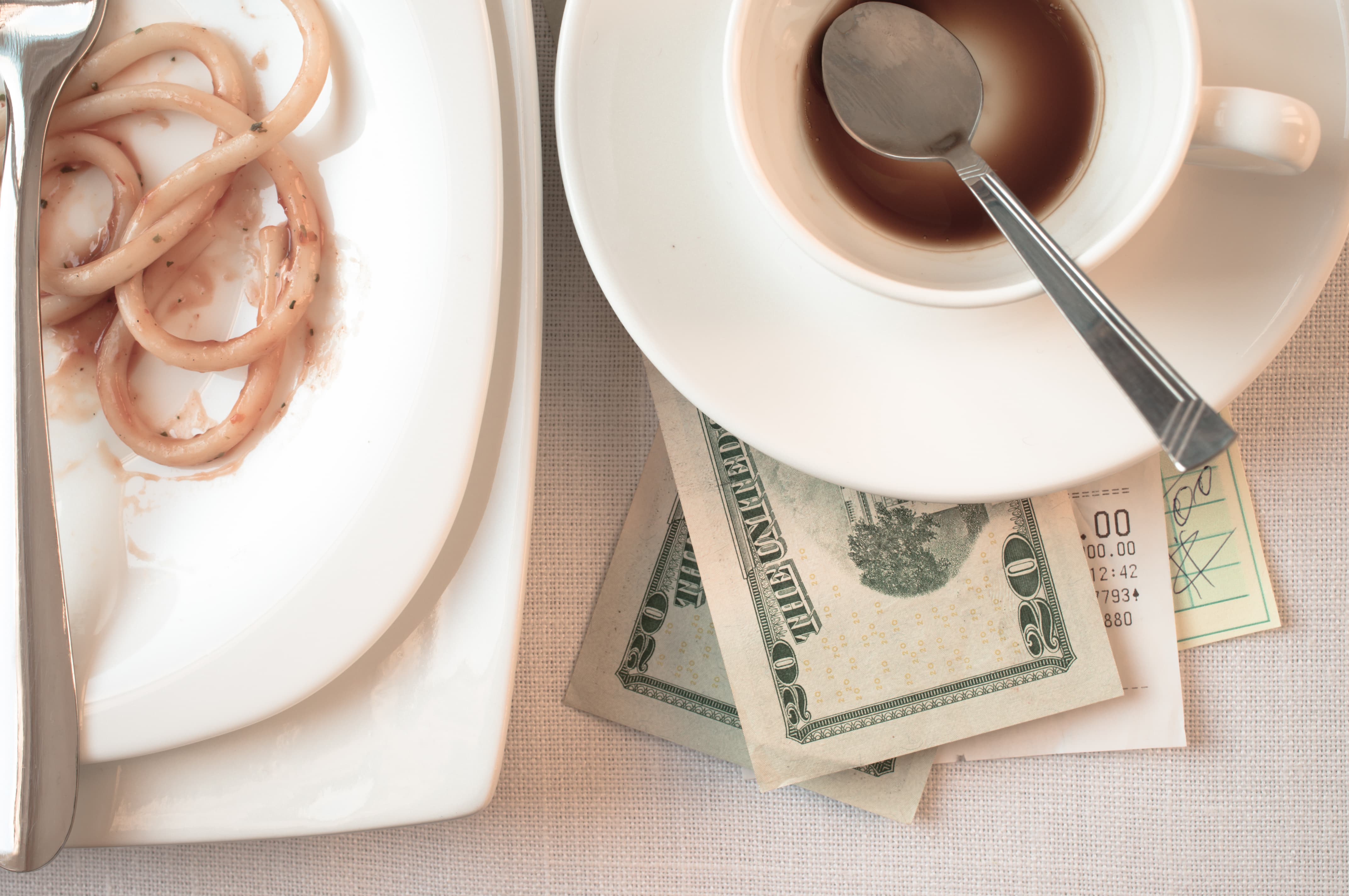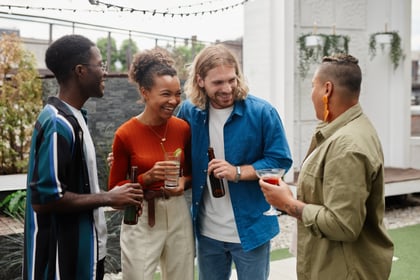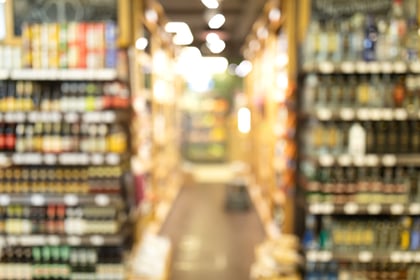Why do we tip? Why do we, as a society, dig into our pockets for a few extra dollars at the restaurant table, or check that tip box on the digital receipt? Why do we obsessively calculate a percentage of the purchase, and why do we stress out if we're not sure whether to tip a delivery or service person?
There is a lot of psychological and social pressure that goes into tipping. Some people tip joyfully, uplifted each time they give a gratuity. Others are nervous tippers, never sure if they're tipping too little, or too much. Still, many are guilty tippers, carefully avoiding eye-contact with that barista as they decide between a bright blue '20%' button and a somehow brighter, slightly bluer '25%' button.
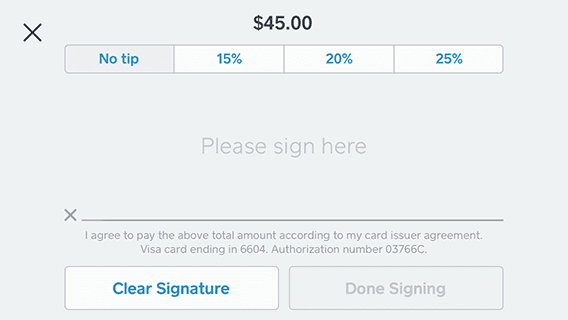
Reasons Why We Tip Service Employees
Our recent post addresses the historical origins of tipping and gratuity; in this article we take a closer look at the enduring practice of gratuity and discuss the human behaviors and motivations behind its staying-power.
At SparkPlug, we are particularly interested in how the responsibility of paying a living wage to employees has been passed from employers to consumers, and the results this has had on the service economy–but that's something we will examine in a future article.
For now, we're taking a closer look at why exactly tipping just feels right.
We Want to Incentivize Good Service
In our History of Tipping post we discussed how tipping originally was done before the meal "To Insure Promptitude". An English tavern patron would slip an extra bit of copper to the barkeep to encourage a faster refill of ale, proactively signaling the intention of a positive interaction. In fact, this sort of preemptive tip was once the norm.
We do that now, too! If you've used a food delivery app recently you've surely encountered prompts to set the driver tip before your order is even placed. Here, the intention is for the drivers on the other end of the app to see your $5 tip and hopefully dash a little faster on your behalf, so your mozzarella sticks don't get too cold.
We Want to Say Thank-You for Great Service
Often, we are compelled to tip out of gratitude, hence gratuity. In this way, because it is given after the service is performed, gratuity is the inverse of tipping. When a service person goes above and beyond to make your experience great, a big tip is a wonderful way to reward them for their effort. Nothing says "thank you" like cold, hard cash. When your waiter finds a highchair, replaces the dropped mac'n'cheese, and keeps your drinks filled, they've earned your gratitude and a tip is the best way to communicate it.
When your hotel concierge gets you a discounted same-day plane ticket after a missed flight, then calls an Uber directly to your terminal drop-off, a crisp bill is the most polite way to express your relief.
We often tip because we're happy that someone has saved the day. Not to mention that for so many people, giving someone money is just plain easier than showering someone with the thanks and platitudes that might be commensurate with the deed.
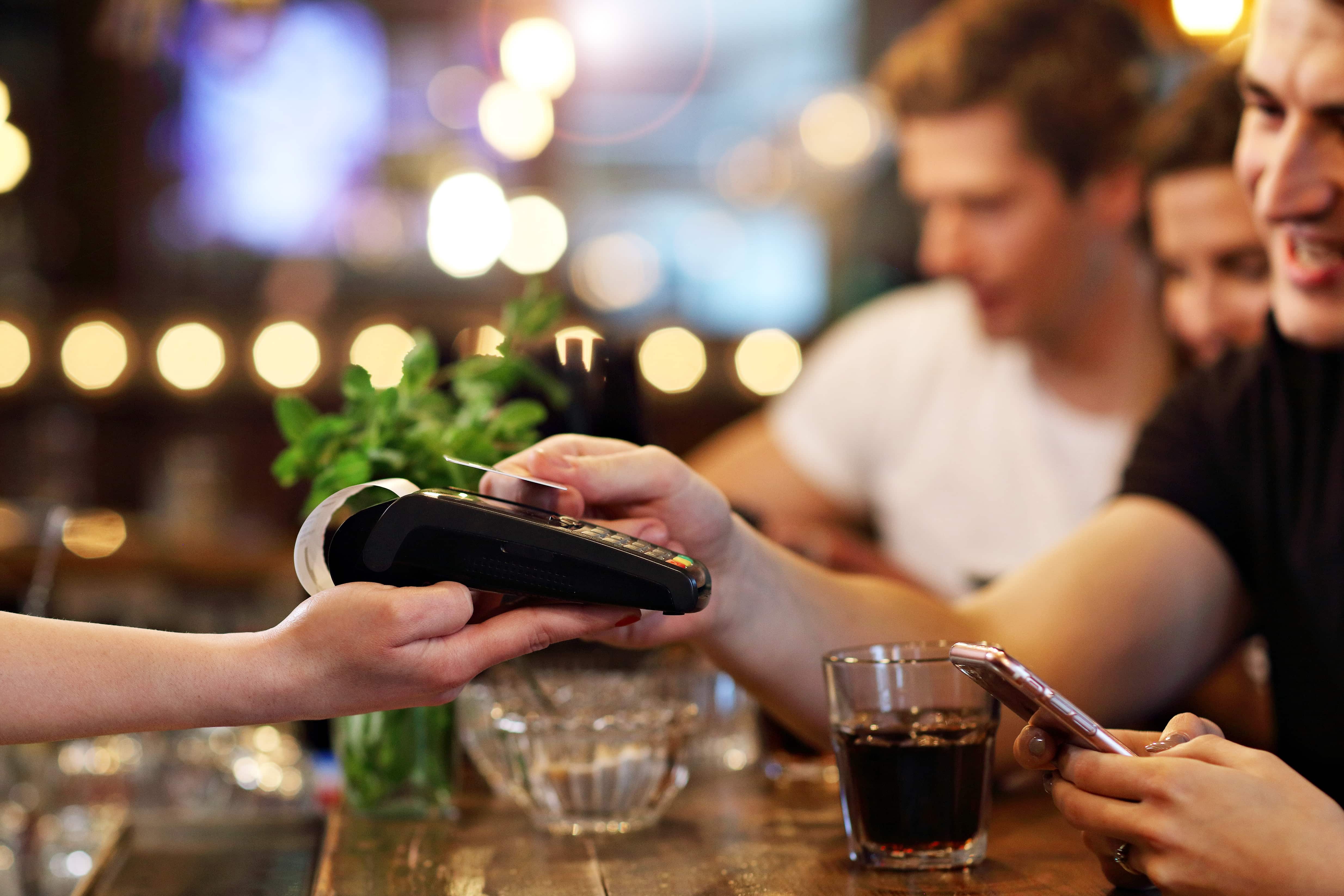
Because We Feel Awkward Being Served
Many of us are not comfortable being served, even if we don't mind tipping. Most people are raised to be self-sufficient. We dress ourselves, make our own breakfasts, and can typically refill our own beverages while eating dinner at home. So when someone is serving plates, clearing empty dishes, and replacing your glass, it can feel a little awkward. You might find yourself smiling and saying "thank you" under your breath a dozen plus times over a meal. Who can honestly say they have never fallen prey to the cringeworthy "Enjoy your meal" – "You too" exchange. Shudder.
At the end of a served meal, many people feel compelled to thank their servers–just for being there and being cheerful so that we could enjoy a meal with friends or family without getting up. We leave a tip to say "I see you. I recognize this is your job, and I appreciate your effort."
For many of us, a generous tip says "If our roles were reversed, I'd help you have a good evening, too".
To Show Off How Wealthy and Awesome We Are
Some people tip because they love to show off. It feels good for them to throw cash around like it's meaningless. Sometimes it's about feeling superior. Sometimes it's about impressing a specific person, or making another person feel small.
For most it's a way to get attention and win points. These tippers are usually more concerned with ensuring everyone at their table sees and recognized their profound generosity.
To Get a Special Request or VIP Treatment
People in-the-know are aware that service staff often have access to exclusive places and the ability to offer a VIP treatment when the occasion is right. Birthday and anniversary upgrades are just the tip of the iceberg, if you know how to ask.
Giving a server, concierge, or delivery-person a folded bill is often viewed as the most appropriate way to ask for a favor or something extra special. You might be looking for a complimentary bottle of wine, a room upgrade, or even something that's not normally on the menu–like after-hours access to a balcony that is usually closed off for guests.
Giving an extra tip before a special request is a good way to short-cut into the friends-and-family favor network with a venue's service staff.
Because We Have To
Some people don't really feel the tipping scene. Maybe they're from another culture, don't feel inclined to incentivize good service, or don't express their gratitude in dollars. But they tip because it is societally expected and, in some cases, actually required. Many up-scale restaurants include gratuity in the bill, with an option to increase it if you choose. But most of the time, it's social pressure.
These days, if gratuity isn't included in your bill most people would be appalled if you leave anything less than 15%. Stiffing the server is just not cool. People who don't care one way or the other tip because it is custom. Even those who don't like to tip, who hate the idea of spending beyond the listed price, will tip because social pressure demands it.
The Future of Tipping
As the service and hospitality industries have evolved over the past century, the federal government and state governments have codified tipping into our institutions and laws. Tipped workers have their own set of minimum wage laws and employers have gladly passed the burden of paying their staff a living wage over to their customers.
More recently, the proliferation of the gig-economy, led by powerful ride-sharing and food-delivering software companies, has resulted in disruptive shockwaves felt throughout the economy. While offering greater flexibility when it comes to work-hours, those who opt-out of traditional service-industry jobs in favor of the apps are still finding it challenging to make ends meet and continue to rely heavily on customer tips.
So where do we go from here? What's clear is that the post-COVID labor crisis has forced retailers and restaurants, along with all those whose business model's depend on tipped workers, to rethink the way they compensate and incentivize employees.
SparkPlug could very well be the answer they are looking for.
Does this have you thinking about innovative alternatives to tipping? Contact us today for more insights into incentive plans and innovative employee compensation solutions for service workers.
.png?width=56&height=56&name=Jake-01%20(1).png)

